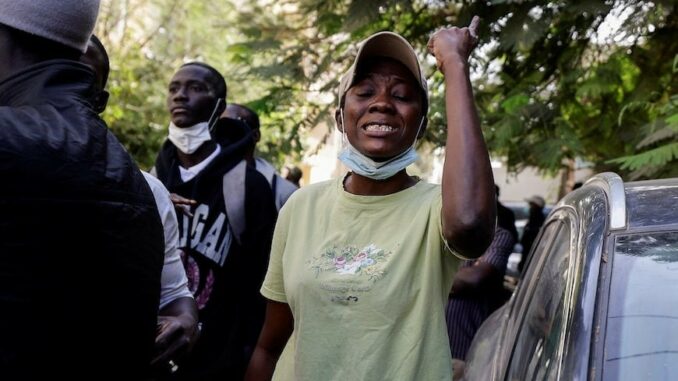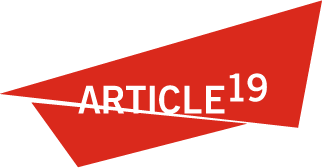
Summary
ARTICLE 19 made this statement during the interactive dialogue with the Special Rapporteur on freedom of peaceful assembly and of association at the 55th Session of the UN Human Rights Council.
ARTICLE 19 thanks the Special Rapporteur for the Model Protocol, which we hope will revitalise efforts by States to ensure that law enforcement fulfil their international human rights obligations during protests. The Model Protocol comes as protests are on the rise worldwide. Globally, issues, from deepening discrimination to growing inequality, have seen people across the globe mobilising on the streets and online to air their grievances and demand accountability and reform.
Through ARTICLE 19’s #FreeToProtest Campaign, we have found that security forces frequently threaten, intimidate, employ unlawful force, arbitrarily arrest, and detain people who protest, often to spread fear and discourage individuals from marching. While some countries face endemic violations, others exhibit emerging state overreach. This particularly affects groups at risk of discrimination, who increasingly encounter harsh responses, leaving them with no avenue to voice their concerns. These actions signal a shrinking civic space and are designed to silence dissent.
In Senegal, as we have raised here before at the Council, deadly crackdowns on protest continue with no signs of accountability. On 4 February, the Senegalese security forces used excessive force against political gatherings planned by candidates who were confirmed to stand in the election, as well as at other spontaneous gatherings in Dakar. On 9 and 10 February, they then used lethal excessive force against protesters following the suspension of the presidential election in Dakar, Saint Louis and Zinguinchor. At least eight people have been injured by live ammunition and at least 266 people have been arrested in the current wave of protests. The police brutality led to the deaths of four young people – Alpha Yéro Tounkara, Modou Gueye, Landing Diedhiou, and Prosper C. Senghor. The security forces have also revoked media licences and violently attacked journalists covering the demonstrations, while also resorting to internet shutdowns.
This deadly crackdown on protests – occurring since March 2021 – has resulted in the loss of at least 60 lives and waves of arrests, all with total impunity. The government has adopted an Amnesty Bill, pending a parliament vote, for all possible criminal acts committed during political protests from March 2021 to April 2024, completely denying justice to victims and strengthening the climate of impunity.
In Thailand, since the start of 2020, youth-led pro-democracy protests have been met with varying degrees of control and suppression by law enforcement, including discriminatory practices. Protesters’ demands span democratic and constitutional reform, abolition of the lèse-majesté law, and comprehensive monarchy reform. Notably, critics of the monarchy and lower-income protesters faced particularly harsh crackdowns. Recently, human rights defenders have faced strategic lawsuits against public participation (known as SLAPPs) as a result of their involvement in protests.
We urge all States to follow and fully implement the Model Protocol and uphold the right to protest. In particular, they must:
- Ensure thorough training for officers in human rights, crowd management, de-escalation, and the ethical use of force;
- Limit force during protests to strict necessity, adhering to international standards;
- Clearly identify officers in uniform and investigate excessive force allegations; and,
- Cease unlawful surveillance, intimidation, and harassment of protesters, ensuring lawful detention procedures and access to legal and medical assistance.
We also encourage delegations to ensure that key recommendations from the Model Protocol are integrated into upcoming resolutions on ‘peaceful protests’ here at the Human Rights Council.
Thank you, Mr. President.
